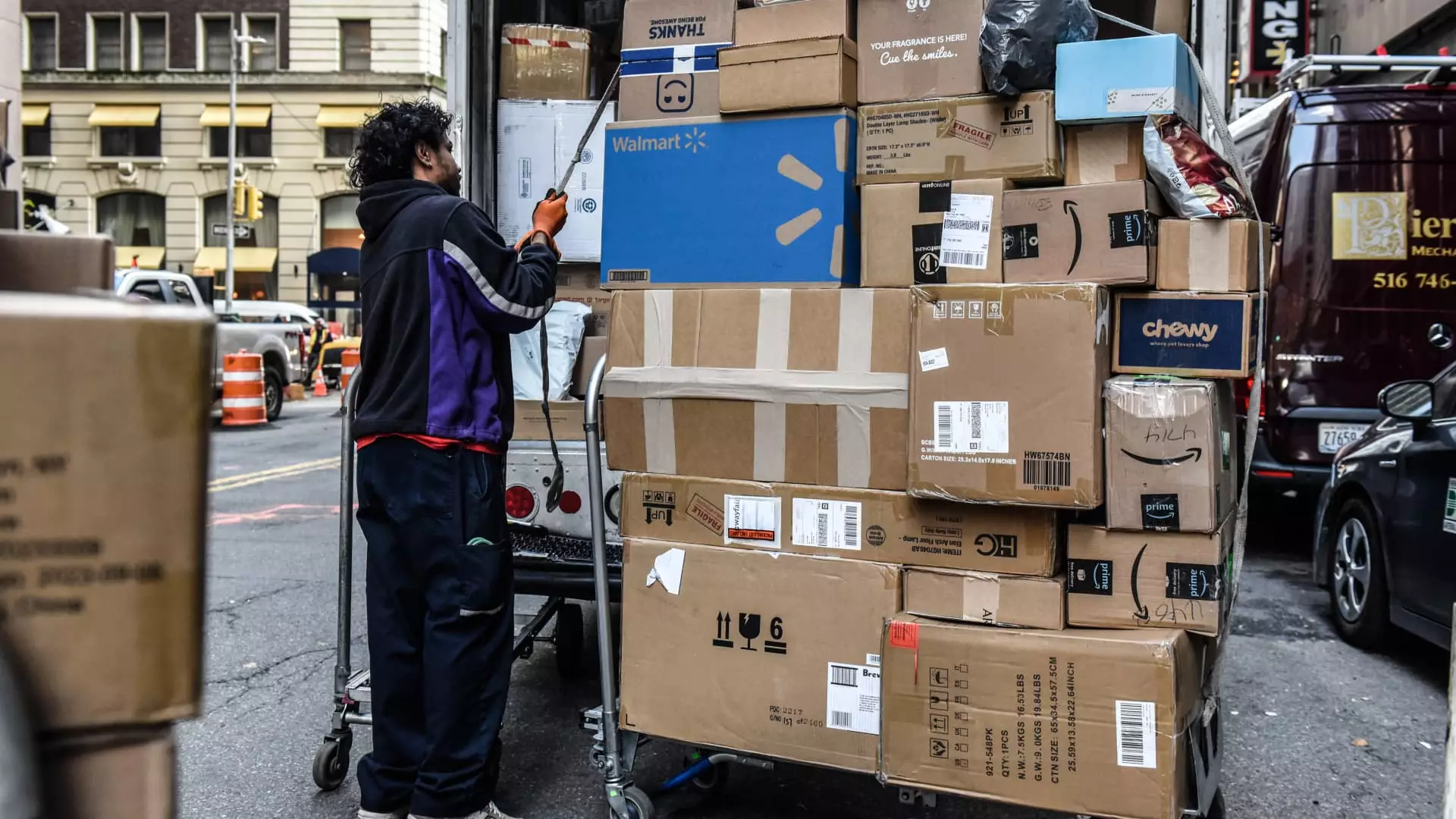In an unexpected turn of events on Wednesday, President Donald Trump took a decisive step to eliminate the de minimis trade loophole, a provision initially providing consumers in the U.S. with the freedom to import goods valued at less than $800 without incurring customs duties. While the intent behind this abrupt measure seems to be rooted in the desire to regulate trade more effectively and protect American jobs, the implications raise a host of troubling concerns for both consumers and the market. At its core, this executive order signals a growing wariness toward unregulated international trade that could ironically hinder domestic market competition.
The decision follows a turbulent few months for U.S. Customs and Border Protection (CBP), which has faced overwhelming volumes of shipments under the de minimis clause. Amid increasing pressure, Trump backtracked on his earlier stance to end the exemption, allowing more time for stakeholders to adapt to the impending changes brought about by the new tariffs. But even as logistics companies scramble to meet compliance demands, the prospect of increased duties for previously tax-exempt goods introduces a troubling paradigm shift for budget-conscious consumers who rely on affordable online shopping options.
Consumer Backlash and Economic Implications
The swift implementation of these new tariffs will force American shoppers into a tough corner. With online behemoths like Temu and Shein leading the charge in affordable e-commerce, many have found a new lease on fashionable goods without sacrificing their financial freedom. Yet, as the White House now pushes for a duty of up to $50 per item on such low-cost imports, consumers are left grappling with higher prices amid a cost-of-living crisis. If the administration intends to protect American jobs, one must question whether these policies are aligned with the interests of everyday citizens who benefit from affordable imports.
Critics of the de minimis exemption argue with conviction that it has enabled foreign e-commerce companies to flood the U.S. market with low-cost products, often at the expense of quality or regulatory compliance. However, this focus on regulation appears to overlook why there has been an uptick in de minimis shipments. American consumers have opted for these alternatives not merely for a lack of options, but for the convenience and affordability offered by such platforms. Punishing these consumers with increased tariffs does not just distort the market; it also risks stifling the very innovation and competition that might drive American companies to improve their offerings.
Security Concerns: A Fear-based Narrative
While the Trump administration has framed the crackdown on the de minimis provision as a national security measure—claiming it allows illicit substances like fentanyl to evade thorough inspections—this narrative feels overly simplistic. The efficacy of such a policy hinges on stringent implementation rather than eliminating a clause that many legitimate businesses utilize. Instead of amplifying scrutiny on foreign goods, a better approach would be strengthening regulatory practices and ensuring that critical items undergo rigorous inspection before making their way into the U.S. market.
The fear of counterfeit goods and unsafe imports is valid, but it should not be utilized as a catalyst for broadly penalizing consumers who are simply seeking value. As Temu and Shein (which have started onboarding sellers in U.S. warehouses) adjust their business models to comply with these regulations, it’s the everyday shoppers who will ultimately bear the brunt of these sweeping trade changes. As we tread further down this contentious path, the ramifications will be felt not only in our wallets but in the evolving fabric of the American economy.

